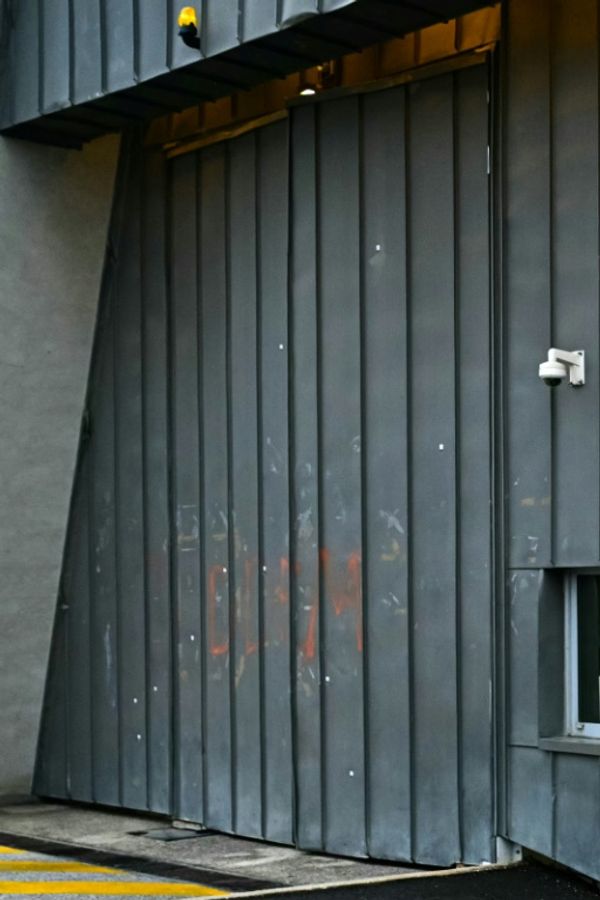The military-led nations of Burkina Faso, Mali and Niger officially withdrew from the Economic Community of West African States (Ecowas) on January 29. They had announced their intention to leave one year ago, shortly after establishing a new defence pact called the Alliance des États du Sahel (AES).
Ecowas, which has tried to improve economic and political integration in west Africa since 1975, says it has left its “doors open” to the three departing countries. The bloc has requested that member nations continue to give the trio their membership privileges, including free movement within the region. However, relations between the AES states and several neighbouring countries are strained.
The Sahel region has witnessed a wave of coups since 2020. One of the main reasons for the coups was concerns over the inability of democratically elected governments to address rising insecurity. Jihadist groups such as Jama’at Nusrat-al Islam wal Muslimin and the Islamic State have been vying for control of territory in the region for the best part of a decade.
But instability in the Sahel has worsened since the military takeovers, with Mali and Burkina Faso the most affected states. In 2023 alone, more than 8,000 people were killed in Burkina Faso due to violence in the country. And around 2.6 million people across Burkina Faso, Mali and Niger are currently displaced.
The AES states have now created a joint military force of 5,000 troops to tackle insecurity in the region. On January 22, during an interview on state television, Niger’s defence minister, Salifou Mody, said the force will be deployed over the coming weeks. “The Alliance of Sahel States is our passport to security,” he said. However, the new forces’s prospects for success are slim.
Lacking popular support
The Sahel region has long been affected by high levels of unemployment and inequality, as well as poor governance, weak institutions and environmental degradation. These conditions have left young people feeling aggrieved, which has made them susceptible to joining jihadist groups.
The continued use of military force to fight against the jihadists – who have been stepping up their community outreach efforts – does little to address the root causes of insecurity in the Sahel.
At the same time, the militaries in each of the AES states have an established track record of human rights abuses. In 2020, for example, Amnesty International reported that the Malian army had carried out 23 extrajudicial executions and forcibly disappeared 27 others in sweeping military operations in the region of Segou.
Should human rights abuses become a recurring issue within the joint force, it could erode public trust. Jihadist groups present themselves as protectors against state forces and pro-government militias. This has only consolidated their influence over the civilian population in areas under their control.
It is also difficult to see a path through which the AES would be able to not only fund, but maintain the joint force when it becomes operational. Effective operations in swampy areas – a terrain typical of the Sahel – require specific tools and equipment, which can be costly. Troops will also require constant training and equipment will need to be maintained.
However, the AES states are among the poorest in the Sahel region, with poverty rates exceeding 40% in all three countries. In 2022, per capita GDP in Mali was US$846 (£675), while Niger and Burkina Faso recorded US$588 and US$846 respectively. These figures are significantly below the global average of US$13,169.
Diplomatic disputes
The withdrawal of these three states from Ecowas further complicates the economic picture. Ecowas states accounted for more than 51% of Malian imports in 2022, and more than 21% and 13% of imports from Burkina Faso and Niger respectively. Their departure from Ecowas will make it harder for them to benefit from regional integration, despite the bloc’s call for goods to continue circulating freely.
Disputes between military leaders and civilian governments in the region following the coups had already hit the economies of the AES states. A border dispute between Niger and neighbouring Benin, for example, has increased the cost of importing goods to Niger. Inflation in Niger increased to 15.5% in June 2024, up from 1.7% one year before.
And over recent months, relations between the AES states and some of their west African neighbours have come under further strain. Niger’s military leader, Brig Gen Abdourahmane Tchiani, for instance, has accused Nigeria of colluding with France to destabilise his country. Nigeria’s information minister, Mohammed Idris, responded by calling Tchiani’s accusations a “diversionary tactic aimed at covering his administration’s failures”.
The likelihood that the joint force will deliver stability to the region is, overall, low. Out of desperation, the AES military leaders will probably lean towards an even heavier reliance on Russian mercenaries to curb the threat of extremist violence.
This might include integrating the Russian government’s Africa Corps – formerly known as the Wagner Group – into the joint force’s operations, as well as greater dialogue with China to provide much-needed resources to keep the force afloat.
The consequence of this could be an increase in strategic competition across the troubled region, which will only diminish the prospects for peace, security and stability rather than improving it.
Folahanmi Aina does not work for, consult, own shares in or receive funding from any company or organisation that would benefit from this article, and has disclosed no relevant affiliations beyond their academic appointment.
This article was originally published on The Conversation. Read the original article.







